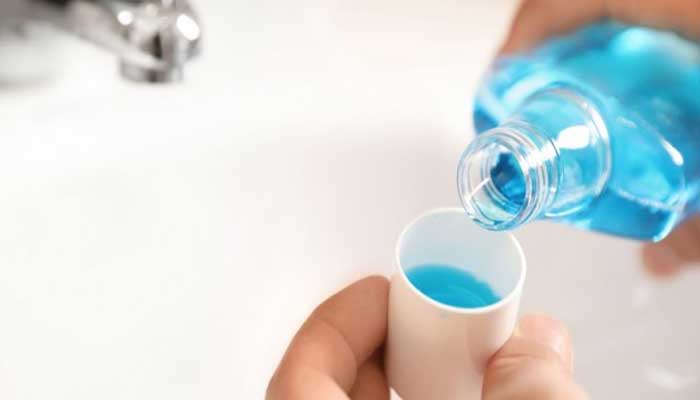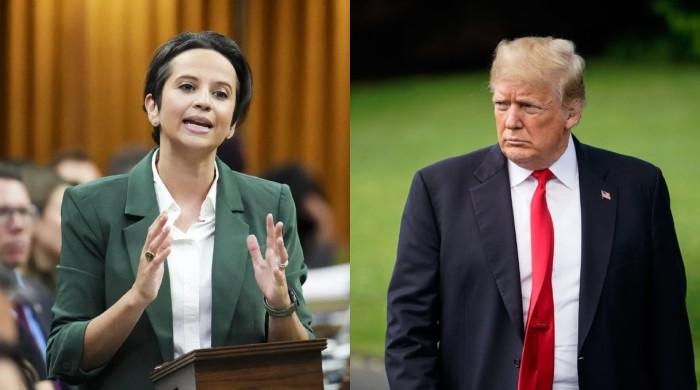Mouthwash can kill coronavirus within 30 seconds: preliminary study
Mouthwash can kill a virus on contact but will do nothing to stop the source as the virus constantly replicates in the upper respiratory tract
November 20, 2020

Mouthwash has emerged as a ray of hope against the coronavirus, with a study discovering it can kill the virus within 30 seconds of exposure.
Scientists at Cardiff University found that mouth that contained at least 0.07 percent cetylpyridinium chloride (CPC) showed “promising signs” of reducing transmission of the virus, several British publications reported.
According to Sky News, the preliminary findings are yet to be peer-reviewed.
The findings come ahead of a clinical COVID-19 trial on patients at the University Hospital of Wales, BBC reported.
Dr Nick Claydon, a specialist periodontologist, said that mouthwash could become an important part of people's daily lives.
Dr Claydon, a specialist periodontologist, said: "If these positive results are reflected in Cardiff University's clinical trial, CPC-based mouthwashes... could become an important addition to people's routine, together with hand washing, physical distancing and wearing masks, both now and in the future."
While the study suggests that mouthwash may help kill the virus in the saliva, "there is not enough evidence it could be used as a treatment for coronavirus, as it will not reach the the respiratory tract or the lungs", said BBC.
The findings back another recent study which found CPC-based mouthwashes are effective in "reducing viral load".
The lead author of the study, Dr Richard Stanton, said: "This study adds to the emerging literature that several commonly-available mouthwashes designed to fight gum disease can also inactivate the SARS-CoV-2 coronavirus (and other related coronaviruses) when tested in the laboratory under conditions that are designed to mimic the oral/nasal cavity in a test tube.
"This study is not yet peer reviewed and published which means it has not yet been scrutinised by other scientists as is the usual process with academic research. It has now been submitted for publication in a journal.
"People should continue to follow the preventive measures issued by the UK government, including washing hands frequently and maintaining social distance."
Source of the virus will remain
Other health professionals have, however, cautioned against over-optimism as mouthwash can kill a virus on contact but will do nothing to stop the source of the virus as it constantly replicates in the upper respiratory tract.
“It’s still in your nose, in the fluid on your vocal cords, and in your lung airways,” Donald Milton, who studies the transmission of viruses at the University of Maryland told CNN. “All of these and especially the vocal cords and lung airways are major sources of the virus in the air.”
“Mouthwash or other disinfectants will do little to protect someone from inhaling the virus, said Leana Wen, Professor of Health Policy at George Washington University School of Public Health. “Washing out your mouth or nose won’t prevent the virus from being breathed in. But wearing a mask does, and so does keeping good physical distance.”











